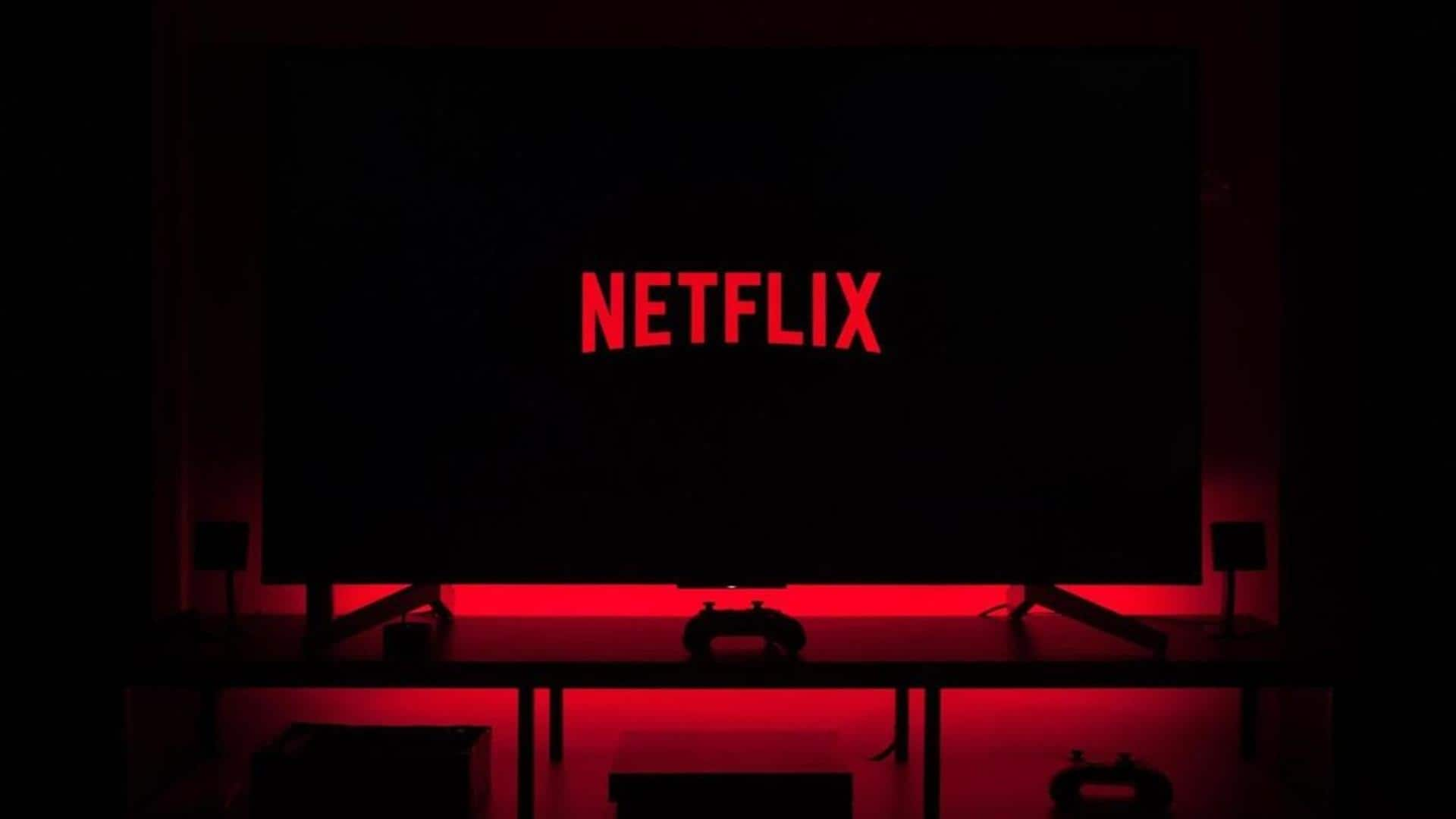
5 times when Netflix proved being down isn't being out
What's the story
Netflix is the biggest video streaming platform in the world. It wasn't always, though. Before it became the streaming giant it is now, the company had to go through its share of troubles. Marc Randolph, the co-founder of Netflix, recently tweeted about instances where the streaming giant was down. As it turned out, it was never out. Let's take a look at those incidents.
Idea
Reed Hastings first declined the idea to start video rental
Netflix's struggles began even before the idea was conceived. Randolph and fellow co-founder Reed Hastings worked together before they founded Netflix. They wanted to start a company. However, most of Randolph's ideas were shot down by Hastings. This included "video rental by mail." Although Hastings shot down that idea at first, he came back to it.
DVD
Hastings changed his mind after hearing about DVD
What changed Hastings's mind? He heard about a new storage technology called DVD, which was "thin" and "light." His idea involved using the post office instead of FedEx. They couldn't find a DVD, though. So they used a CD and sent it to Reed's house. The CD was delivered in perfect condition, marking the beginning of Netflix. What if Hastings never heard of DVD?
Twitter Post
From 'personalized shampoo' to 'Netflix'
“OK Reed, I’ve got another one. Personalized shampoo!”
— Marc Randolph (@mbrandolph) April 12, 2023
Reed shifted his eyes from the road to glance over at me. He raised his eyebrows quizzically.
“No, this is a good one,” I assured him. “We’ll have people cut off a lock of their hair. They’ll mail it to us, and our team of… pic.twitter.com/TPGPWrIuTR
Information
April 14, 1998, was Netflix's first day of business
Randolph shared inside stories about Netflix to mark the 25th anniversary of the company. According to him, April 14, 1998, was the company's first day of business. It was, however, incorporated on August 29, 1997.
Amazon
Amazon wanted to buy Netflix in 1998
In 1998, Hastings and Randolph made a trip to meet with Amazon's CEO Jeff Bezos and CFO Joy Covey. What was the meeting about? Amazon wanted Netflix. This was around the time Bezos planned to make Amazon more than a place to buy books. The two arrived at Amazon's office, nothing like the Amazon Spheres in downtown Seattle now, to find a win-win arrangement.
Commitment
Netflix did not accept Amazon's offer
The year 1998 was when Netflix was slowly catching speed. Randolph described meeting Bezos as "bittersweet," as he was not ready to give up Netflix yet. Amazon was ready to offer Hastings and Randolph a "low eight-figure" for Netflix. However, they did not choose to pursue that offer. According to Randolph, that trip to Seattle reinforced their desire to stay in.
Twitter Post
The trip reinforced their commitment to Netflix
“Jesus, Reed, where are you taking us?”
— Marc Randolph (@mbrandolph) April 13, 2023
Reed looked down at the MapQuest printout he was using to navigate us, probably wondering the same thing.
We were in Seattle. The street we were walking on looked like a movie-set of Skid Row. There was trash on the sidewalk, broken glass… pic.twitter.com/bJsIeD657N
Dot-com bubble
Netflix was hit hard by the dot-com bubble crash
By 2000, Netflix had made a name for itself. Customers were flooding in and the company was growing. However, this changed with the crash of the dot-com bubble in 2000. Companies with ".com" at the end of their names were looked at as pariahs. Netflix had already burned $50 million by then. They had only one way out, or so they thought.
Blockbuster
The company wanted $50 million from Blockbuster
Netflix approached Blockbuster, the king of video rentals then. Hastings, Randolph, and CFO Barry McCarthy pitched their idea to join forces with Blockbuster. Everything went well until the trio quoted their price. They wanted $50 million. Blockbuster executives said they will consider it, but according to Randolph, they were suppressing their laughter. The deal went downhill soon after that.
Down, not out
Netflix is worth over $150 billion now
Hastings and Randolph again decided to stick with Netflix. They pushed through the internet bubble crash. In 2002, they took the company public and raised $82.5 million. The company is now worth over $150 billion. Blockbuster, the company that rejected Netflix, had 9,000 stores and was worth $5.9 billion at its peak. Now, it merely has a single store.
Twitter Post
'Sometimes, the only way out is through'
In 2000, Blockbuster was the movie rental king with 60,000 stores and 9,000 employees. Reed Hastings and I, on the other hand, were just two Silicon Valley geeks with a DVD-rental-by-mail idea.
— Marc Randolph (@mbrandolph) April 14, 2023
We’d been struggling since 1998 to find a way to make it work, and by the summer of… pic.twitter.com/v6w8a295lV